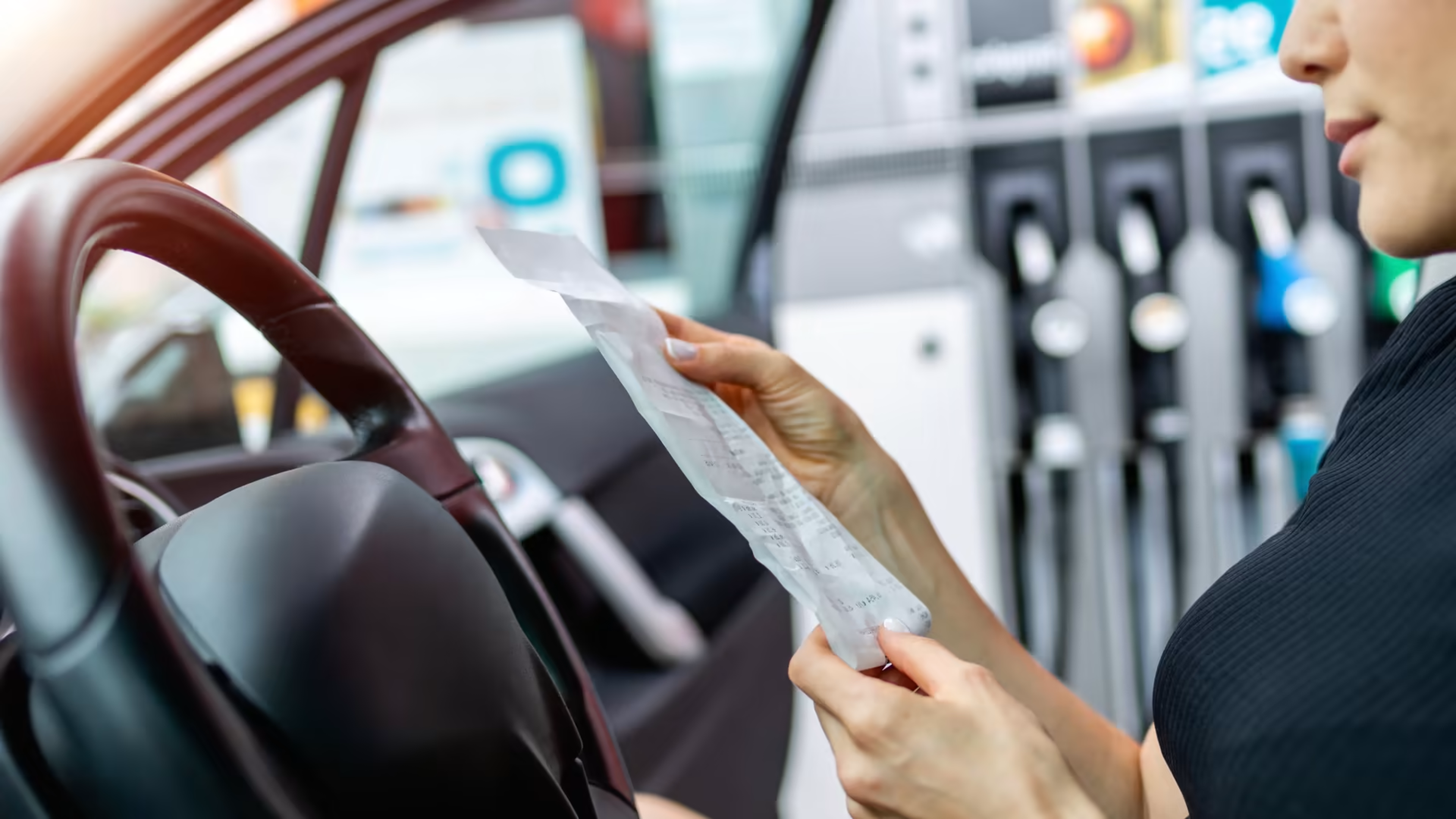Navigating the Potholes: Understanding the Recent Fuel Excise Increase

As Australians embark on their daily commutes, a subtle but impactful change awaits them at the service station bowser. Effective today, motorists will be digging a little deeper into their pockets as the fuel excise experiences its bi-annual hike, rising from 48.8 cents per litre to 49.6 cents per litre, before the application of GST.
Funding Roads, Falling Short:
This increase, in line with the Consumer Price Index (CPI), plays a crucial role in financing the country's road infrastructure programs. Approximately 3.2 per cent of the Federal Government's 2021-22 budget, totaling $18.2 billion, was derived from the fuel excise. However, despite the intention to allocate 91 per cent of the funds to road projects, only 68 per cent was utilized for this purpose in the 2021-22 Financial Year, as reported in September 2023.
Electric Cars and the Revenue Dilemma:
In response to the rising popularity of electric and plug-in hybrid cars, which consume less or no fuel at all, the Australian Government is contemplating introducing a tax on these eco-friendly alternatives. The aim is to offset the revenue loss resulting from reduced fuel consumption, raising questions about the future landscape of taxation in the automotive sector.

Household Budgets Under Pressure:
While the increase in fuel excise is less than one cent per litre, it is anticipated to add strain to household budgets. The Australian Automobile Association, representing state motoring groups such as NRMA, RACV, and RACQ, highlights a significant 9.4 per cent increase in household transport costs in the 12 months leading up to September 2023.
The Cost of Commuting:
A closer look reveals that Australian households now allocate a staggering 16.3 per cent of their income to cover transport costs. These expenses encompass not only fuel but also factors like finance, insurance, and maintenance, illustrating the multifaceted financial impact of maintaining a vehicle.
As we navigate the twists and turns of the fuel excise landscape, it becomes evident that these incremental changes have a ripple effect on both individual wallets and national priorities. While road infrastructure funding remains a critical aspect of the fuel excise, the emergence of electric vehicles poses new challenges that the government is actively addressing through potential taxation measures.
The impact on household budgets, however small, emphasizes the need for a comprehensive approach to transportation policies. As Australians adapt to these shifts, the conversation around fuel excise and alternative revenue streams in the automotive sector is set to evolve, shaping the future of our journeys on the road. Stay tuned for further developments in this ongoing fueling debate.
